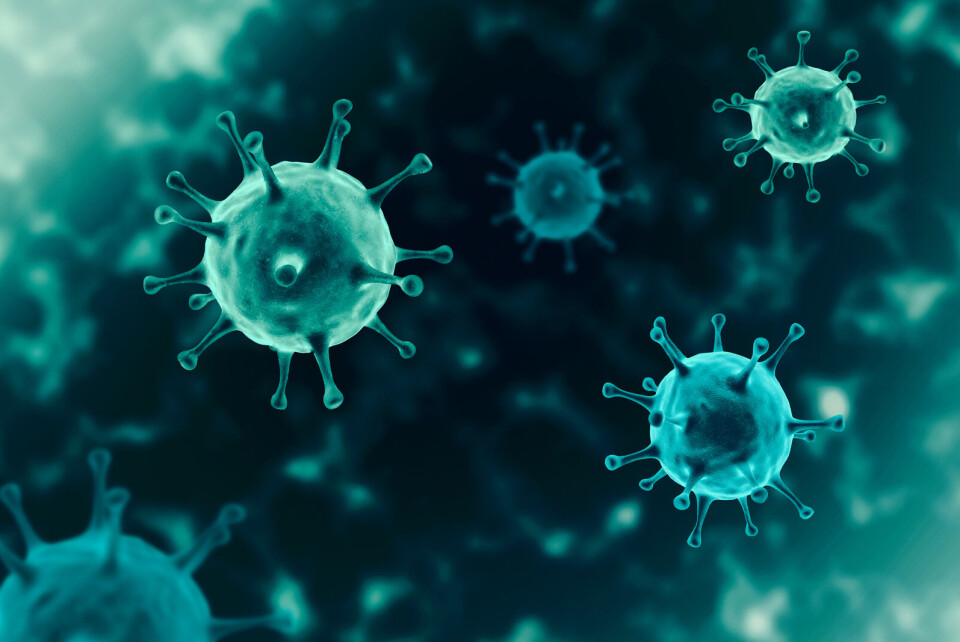-
Map: Are there new Michelin star restaurants near you in France?
The new Michelin Guide France 2025 awarded 78 new stars to restaurants across the country
-
What do Trump and other world leaders say about Le Pen office ban decision?
From ‘left-wing abuse of the legal system’ to ‘the rule of law’, reactions have been fierce
-
Burglaries: the French cities and towns most - and least - affected
New official stats have been released with significant geographical differences
Covid-19: What is known about the Indian variants in France
One is causing concern in the UK but its spread in France remains limited

This article was first published on 15-05-2021. It was updated with a new image change on 28-06-2021.
France has to date detected 24 small groupings of the three sub-strains of the Indian variant of SARS‑CoV‑2. Health authority Santé Publique France (SPF) has stated that it is monitoring the situation closely. The spread of these variants is so far limited.
Here is what we know.
The variant B.1.617 was first detected in India around October 2020. There are so far three sub-strains of this variant that differ slightly in terms of mutations.
On May 12, all three sub-strains were categorised as “variants of concern” by SPF. The World Health Organisation has also categorised them as variants of concern. These are variants suspected of being more aggressive, or more resistant to diagnostic tests, treatments or vaccines.
Preliminary data suggest that the Indian strains are more contagious than the original SARS‑CoV‑2 virus and could be more resistant to immunity responses, but the data remains patchy, SPF states.
There have been 24 "episodes" (of at least one case) of the Indian variants found in France, as of May 11.
In this instance, the term episode refers to a hyper-local spread of the variant. For example, if two people living in the same household test positive with the variant, that would be one episode. If five people living in the same household test positive, that would still be one episode. If one person living in a household of four tests positive, that would be one episode.
The fact there have been 24 episodes found in France does not mean that there have been 24 cases. SPF does not indicate specifically how many people have tested positive for the variant, but the episodes are normally very small, involving a few people at most.
The Indian variants have been found in eight different regions in France - seven in metropolitan France and one in Guadeloupe.
The first case was found at the beginning of April.
For the past three weeks there has been an increase in the number of episodes being detected, with between four and eight being reported each week, SPF stated.
Two out of the 24 episodes detected do not have any links to someone returning to France from India, suggesting a local spread of the variant.
The sub-strain known as B.1.617.2 is responsible for 18 out of the 24 episodes.
This is the sub-strain that has been growing in the UK. So far, over 1,300 cases of it have been detected there.
Data on whether the Pfizer-BioNTech, Moderna and AstraZeneca vaccines are effective against the Indian variants remains insufficient.
Vaccinations in France
France is on track to reach its objective of giving a first dose of a vaccination to 20 million people by mid-May.
A total of nearly 600,000 first and second doses were delivered yesterday (May 14), Health Minister Olivier Véran stated, which should see the 20-million threshold reached today.
Encore près de 600 000 vaccinations aujourd'hui. La mobilisation exceptionnelle se poursuit dans tout le pays.
— Olivier Véran (@olivierveran) May 14, 2021
Demain, 20 millions de français auront reçu au moins une injection de vaccin !
Read more:
Covid-19 roundup May 12: AstraZeneca aversion and vaccine target fail
Covid-19: 7 new countries added to France’s quarantine-on-arrival list
How is France enforcing quarantine for international travellers?
























